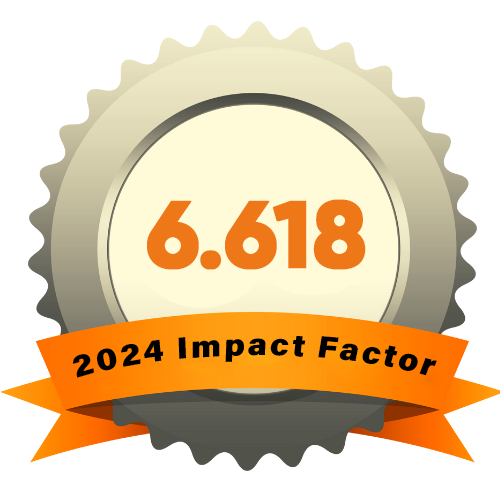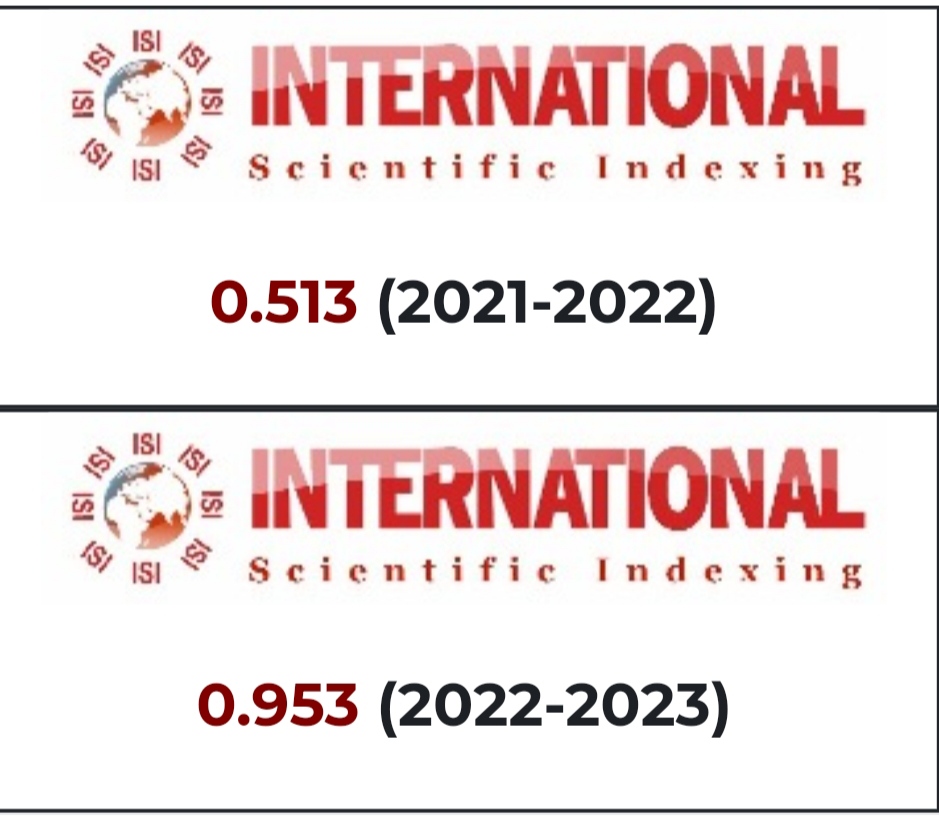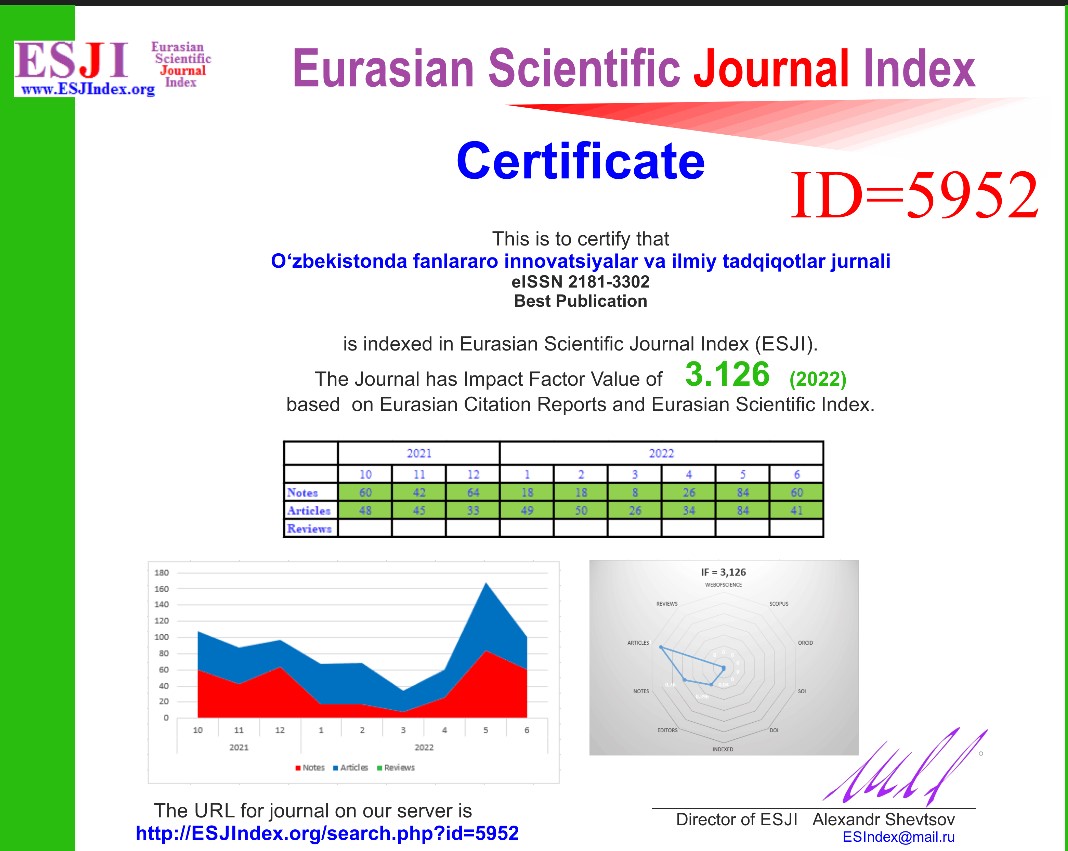MODERN METHODS OF LEARNING FOREIGN LANGUAGES
Abstract
The development of the world is unthinkable without foreign languages. As globalization progresses, the need to learn foreign languages increases. Today, a common need to become a mature professional in any field is fluency in English. The techniques in this article can be used for learning foreign languages.
References
Ellis Rod. Principles of instructed Second Language Acquisition. 2008.
Ellis, Rod. The place of grammar instruction in the foreign language curriculum. 2002.
Meara, Paul. The vocabulary knowledge Framework. 1996.
Tim Ferris. The 4-Hour Workweek. The United States by Crown Publishers,
Abdukarimova, M. (2022, December). THE ADVANTAGES OF BOOKS IN LEARNING FOREIGN LANGUAGES. In INTERNATIONAL CONFERENCE DEDICATED TO THE ROLE AND IMPORTANCE OF INNOVATIVE EDUCATION IN THE 21ST CENTURY (Vol. 1, No. 9, pp. 169-171).
Makhmudova, M. (2022). BENEFITS OF DAILY READING. INNOVATIVE DEVELOPMENT IN THE GLOBAL SCIENCE, 1(8), 28-32.
Burgutova, G. (2022). CHET TILLARINI BILISHNING FOYDALARI. INNOVATIVE DEVELOPMENT IN THE GLOBAL SCIENCE, 1(8), 40-45.
Qodiraliyeva N. I. (2022). EFFECTIVE METHODS OF LEARNING FOREIGN LANGUAGES. International Academic Research Journal Impact Factor 7.4, 1(5), 63-67.
Mamajonova S. (2022). ICEBERG PRINCIPLE" AS A STYLISTIC FEATURE OF E. HEMINGWAY’S SHORT STORY “THE OLD MAN AND THE SEA. Science and innovation, 1(B8), 1931-1934.











